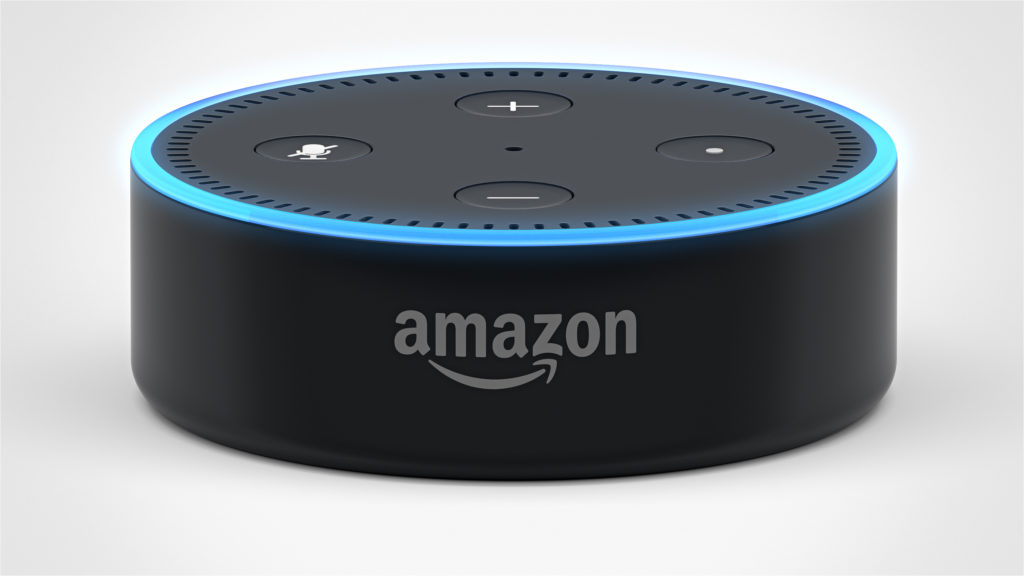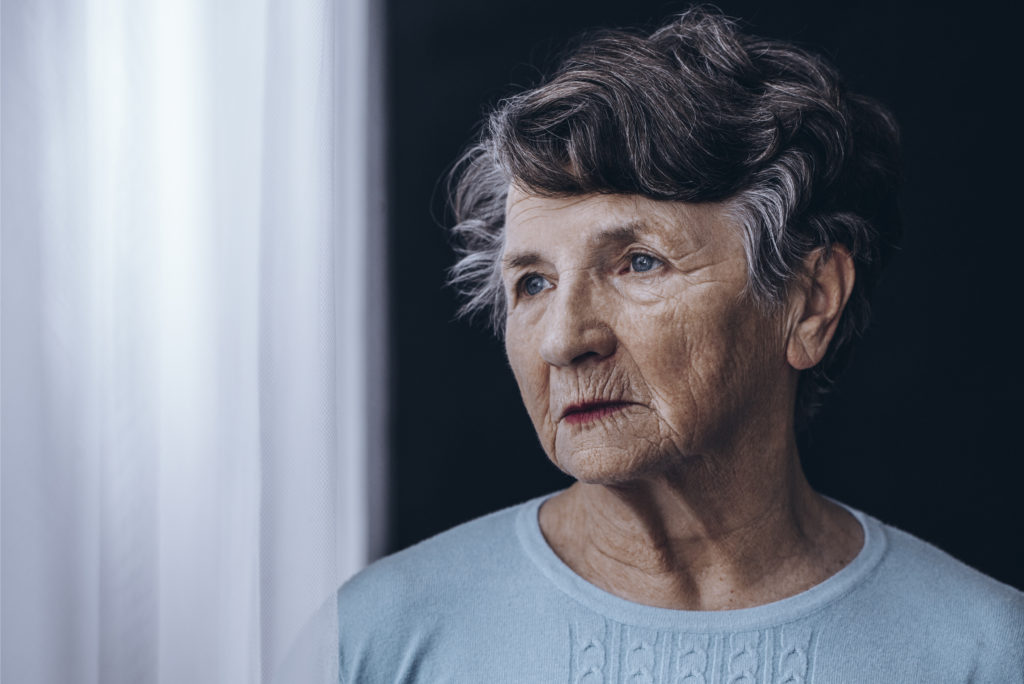Virtual assistants, like Amazon's Alexa, are being installed in patient rooms in a variety of patient health settings
A medical center in Los Angeles is piloting a program that allows patients to use Amazon’s virtual assistant Alexa to communicate with nurses and staff members.
Cedars-Sinai provided more than 100 patient rooms with the Alexa-powered platform known as Aiva on Amazon Echos. Aiva, the world’s first patient-centered voice assistant platform for hospitals, permits patients to interact hands-free to control their environment and connect with staff.
Cedars-Sinai provided more than 100 patient rooms with the Alexa-powered platform known as Aiva on Amazon Echos. Aiva, the world’s first patient-centered voice assistant platform for hospitals, permits patients to interact hands-free to control their environment and connect with staff.
How does it work?
A press release from Cedars-Sinai explained how the technology works.
“The patient’s request is routed to the mobile phone of the appropriate caregiver, whether a nurse, clinical partner, manager or administrator. A pain medicine request would be routed to a registered nurse, for example, while a bathroom request would be routed to a clinical partner. If the request is not answered in a timely manner, the Aiva platform sends it up the chain of command.”
Why?

Sumeet Bhatia, founder and CEO of Aiva, said, “Cedars-Sinai and Aiva are giving patients more entertainment options, more control over their environment and closer communication with their care team.”

To control their environment, patients can easily control their TVs by saying, “Alexa, change the channel to ESPN.” An example of being in closer communication with their care team, a patient might say, “Alexa, tell my nurse I need to get up to use the restroom.”
Being alone in a hospital room can take a toll on a patient. The Echos also include standard Alexa features allowing patients to feel more connected to the outside world thereby helping the patient’s mental health.
The most common request is for the device to play music, followed by content like weather, sports and games.
The nearly three-year-old Los Angeles-based health care startup, funded primarily by venture capital, received separate funding from two rival tech giants in just one week: the Google Assistant Investment Program and Amazon’s Alexa Fund. Amazon and Google are investing in startups using these funds to build up their rival voice assistant ecosystems.
The companies didn’t disclose financial terms of the deals.
Aiva’s other investors include Act One Ventures, Mucker Capital, and Techstars.
Where else will it be used?
An Aiva representative said they are also targeting physician offices, skilled nursing facilities, senior communities, a well as elderly home users.
According to AARP, “Studies show that isolation and loneliness are as bad for health as obesity or smoking.”
Voice assistants can help alleviate social isolation and feelings of loneliness by connecting seniors with friends, family and neighbors using the hands-free phone and video calls. They will also remind seniors about appointments, outings, or other activities, encouraging them to be more social.

HIPAA issues
One of the major limitations to using voice technology in health care is that it is not yet compliant with the Health Insurance Portability and Accountability Act (HIPAA), which protects patients’ health information. While some skills can be built into voice technology, patient data cannot be used within it to permit a more personalized experience.
Rumors
Amazon, Google and Microsoft all have voice-activated smart speakers and they are chomping at the bit to get integrated into the health care realm. If the technology rumors are true, Amazon may soon announce a HIPAA compliant Echo.
Future
The future of medical care is likely full of virtual assistants in any number of health care settings from the doctor’s office to laboratories to the most complex surgical suites. It may not be long before voice-activated technology is in main stream health care.
